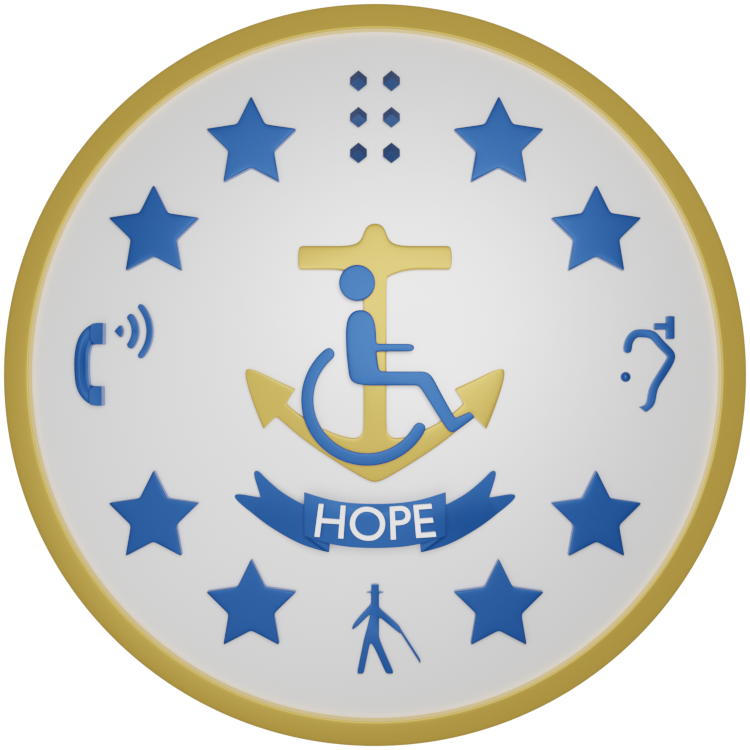Access to Government
The goal of Title II of the Americans with Disabilities Act, which covers state and local governments, is to make sure that people with disabilities have equal access to civic life. Individuals with disabilities must be provided an equally effective opportunity to participate in or benefit from a public entity's aids, benefits, and services. It essentially covers everything that the state or local government does, including public housing, licensing, all levels of public education, transportation, parks and recreation, detention, emergency response, and police. It clarifies the requirements of Section 504 of the Rehabilitation Act of 1973, as amended, for public transportation systems that receive federal financial assistance, and extends coverage to all public entities that provide public transportation, whether or not they receive federal financial assistance. It establishes detailed standards for the operation of public transit systems, including commuter and intercity rail (AMTRAK).
Under Title II, a state or local government must eliminate any eligibility criteria for participation in programs, activities, and services that screen out or tend to screen out persons with disabilities, unless it can establish that the requirements are necessary for the provision of the service, program, or activity. The state or local government may, however, adopt legitimate safety requirements for safe operation if they are based on real risks, not on stereotypes or generalizations about individuals with disabilities. A public entity shall furnish appropriate auxiliary aids and services where necessary to afford qualified individuals with disabilities, including applicants, participants, companions, and members of the public, an equal opportunity to participate in, and enjoy the benefits of, a service, program, or activity of a public entity. Finally, a public entity must reasonably modify its policies, practices, or procedures to avoid discrimination. If the public entity can demonstrate that a particular modification would fundamentally alter the nature of its service, program, or activity, it is not required to make that modification.
Private individuals may bring lawsuits to enforce their rights under Title II and may receive the same remedies as those provided under Section 504 of the Rehabilitation Act of 1973, including reasonable attorney's fees. Individuals may also file complaints with eight designated federal agencies, including the Department of Justice and the Department of Transportation.
